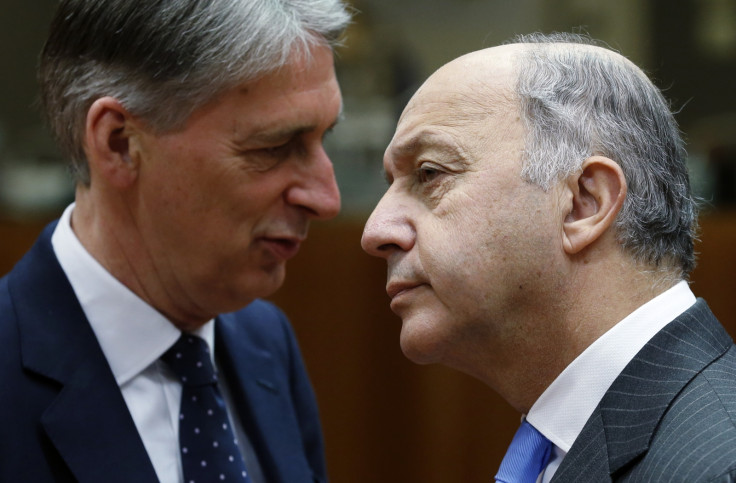EU passes, then postpones tighter Russia sanctions

The European Union has agreed on new sanctions against Moscow and the pro-Russian separatists in eastern Ukraine, although the measures will not be implemented until next week as negotiations continue.
EU foreign ministers have held meetings over expanding sanctions following an escalation in violence eastern Ukraine since the turn of the year.
"The principle of these sanctions remains but the implementation will depend on results on the ground," said France's foreign minister Laurent Fabius.
"We will see by Monday and see how the meeting in Minsk went."
European leaders are due to meet with Ukrainian and Russian leaders in Minsk on Wednesday, in a bid to diffuse the crisis in eastern Ukraine where the new year ushered in a new era of violence.
More than 5,300 people have been killed in fighting in the east of the country since April 2014, according to UN figures.
Reports of a rift between EU members emerged as the postponement was made on Monday.
The UK's foreign minister Philip Hammond has taken a tough line on Russia over its role in the Ukraine crisis and had stressed that the EU would not ease diplomatic pressure on Russia until Moscow acted to stop the flow of weapons and fighters across its border into Ukraine.
It is thought that the UK had to prevent a rebellion from Greece, Cyprus and Austria, who did not want to increase pressure on Russia.
Russian state radio reacted angrily on Monday to reports that German chancellor Angela Merkel gave the Russian president an ultimatum over the conflict.
"We've already everything about the tone of the negotiations," said Putin's spokesman, Dmitry Peskin.
"No-one has ever spoken or can speak to the president in an ultimatum-like tone much as one would like to," he said.
Meanwhile, an EU minister has estimated that the sanctions against Russia have cost the EU €21bn (£15.6bn, $23.7bn) in lost exports to date.
© Copyright IBTimes 2024. All rights reserved.






